16 Moments That Show Kindness Is the Quiet Courage the World Needs

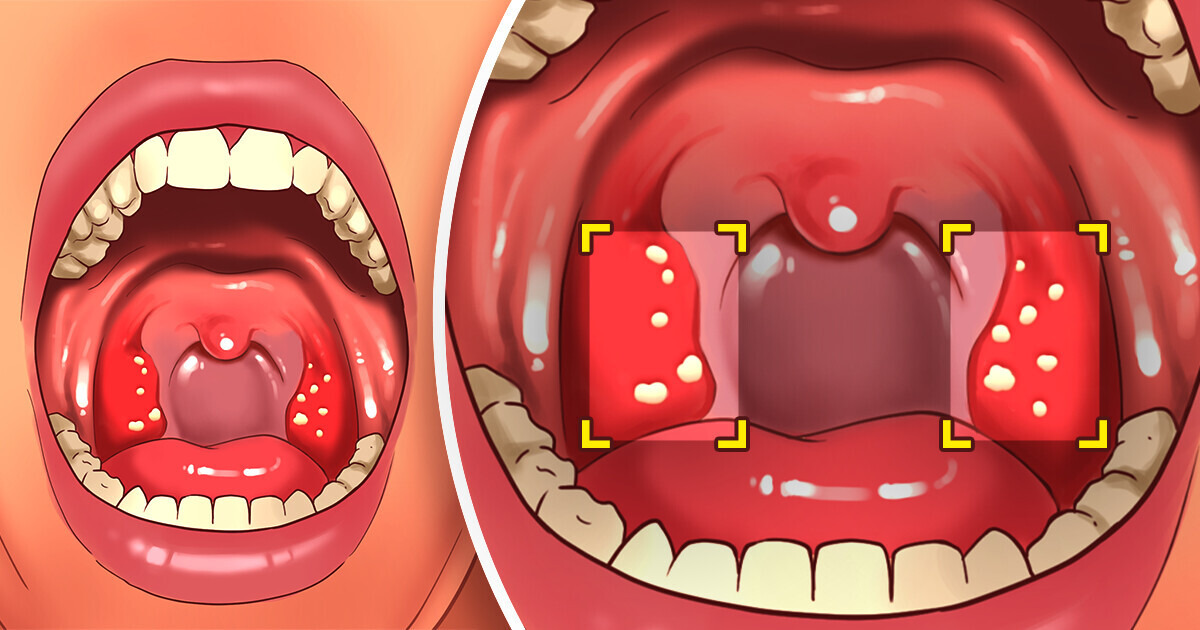
Sometimes, we forget to brush our teeth before bed, but don’t worry; everybody has been there. However, the guilt we experience is well-founded because bacteria and leftovers thrive in our mouths. While some of these oral bacteria are healthy, others cause gum disease and cavities. It may surprise you that these issues may persist even if you brush your teeth twice daily. But are you properly taking care of your teeth?
Important: This article was created for informative purposes only and isn’t recommended as professional advice. Consult with your doctor for more information on this topic.
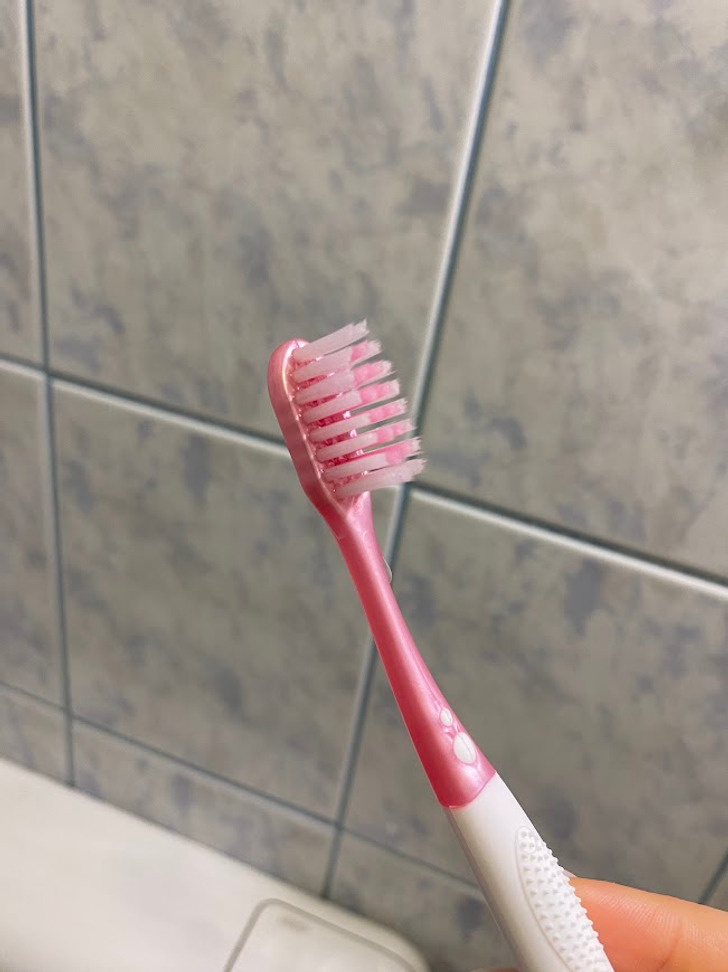
Choosing a small or medium-sized toothbrush with bristles that can reach into those nooks between your teeth is super important. Skip the covers for your toothbrush—they can trap bacteria. After each use, just rinse your brush well with water and let it air dry. Oh, and keep it away from your toilet to dodge any germ transfers. And remember, swap out your toothbrush regularly as the bristles wear down, making them less effective at cleaning your pearly whites.
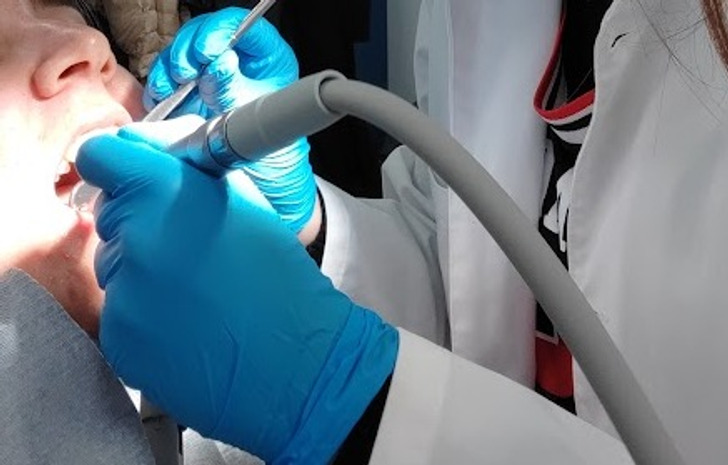
We get it, dental visits aren’t exactly fun, but preventing issues is way better than treating them later on. No matter how diligent you are with brushing and flossing, some spots in your mouth are just tough to reach.
During a dental visit, the dentist tackles those tricky areas near your gum line, both front and back, to remove any plaque and tartar buildup. It’s a crucial step in fighting cavities. Surprisingly, many people enjoy cleanings because of how smooth and fresh their teeth feel afterward. Aim to schedule a visit at least twice a year.
If cavities or deeper issues are a concern, your dentist might use X-rays and lasers for a closer look. They take precautions, too, like wearing masks and gloves, to keep bacteria and germs in check.
Improving your diet can do wonders for your overall health, including your teeth. A study from The British Medical Journal highlighted that tweaking what you eat could even prevent or reverse tooth decay, depending on its current stage. We know consuming sugary stuff leads to tooth problems, but changing your eating habits could eliminate that issue.
First off, aim for more calcium. It’s a big player in building strong bones and teeth, so try to fit dairy like milk, yogurt, sour cream, and cheese into your daily intake.
Swap sugary drinks for the good stuff. Cut back on soda, juice, and fizzy beverages. Pick more fruit smoothies or unsweetened tea. Water’s a real champ—it helps with hydration and boosts saliva flow, both good for your body and teeth.
Saliva is crucial in washing away food and bacteria from your teeth. Yet, the minerals in toothpaste can get washed off due to acidic saliva, creating a bacteria-friendly environment leading to tooth decay and gum problems.
Chewing sugar-free gum amps up saliva production with a neutral pH, balancing mouth acidity and guarding teeth and gums. It’s not a substitute for brushing and flossing, though!
Gum with xylitol has shown promise in killing cavity-causing bacteria instantly. Also, sugar-free gum strengthens tooth enamel, making it more resistant to cavity-triggering acids. Chewing promotes saliva production, offering natural fluoride that fortifies enamel and aids in keeping teeth clean by preventing food buildup in tooth grooves.
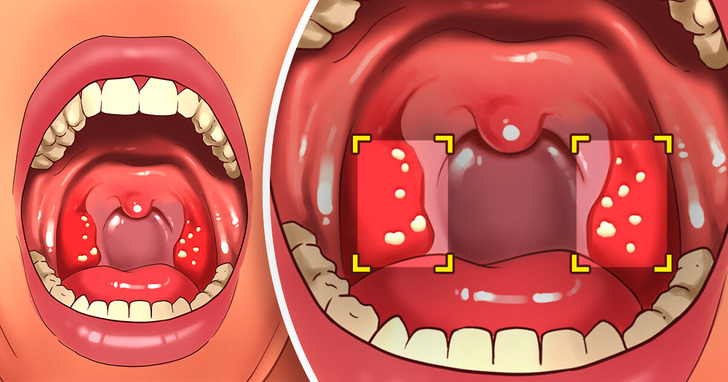
If you’ve noticed yourself coughing up small, yellowish chunks from your throat, those might be tonsil stones. While these stones aren’t harmful, they can cause bad breath. They are bacteria and debris that form in the crevices of your tonsils, ranging from small, soft bits to larger, hardened stones. While they’re usually harmless, in some cases, they can lead to infections. To prevent them, try using non-alcoholic mouthwash regularly to reduce bacteria in your mouth and floss regularly.
Avoiding sweets is a good step, but there’s more to boost your saliva’s fight against dental plaque. Vitamins play a crucial role in maintaining dental health.
Steer clear of sugary treats like jelly that fuel plaque. After indulging in sweets, brushing your teeth within 20 minutes is helpful to ward off potential cavities.
Opt for whole-grain foods rich in vitamin B, iron, and magnesium, aiding calcium absorption and fortifying teeth. Enhance your vitamin D intake by consuming seafood such as salmon, herring, tuna, and mackerel.
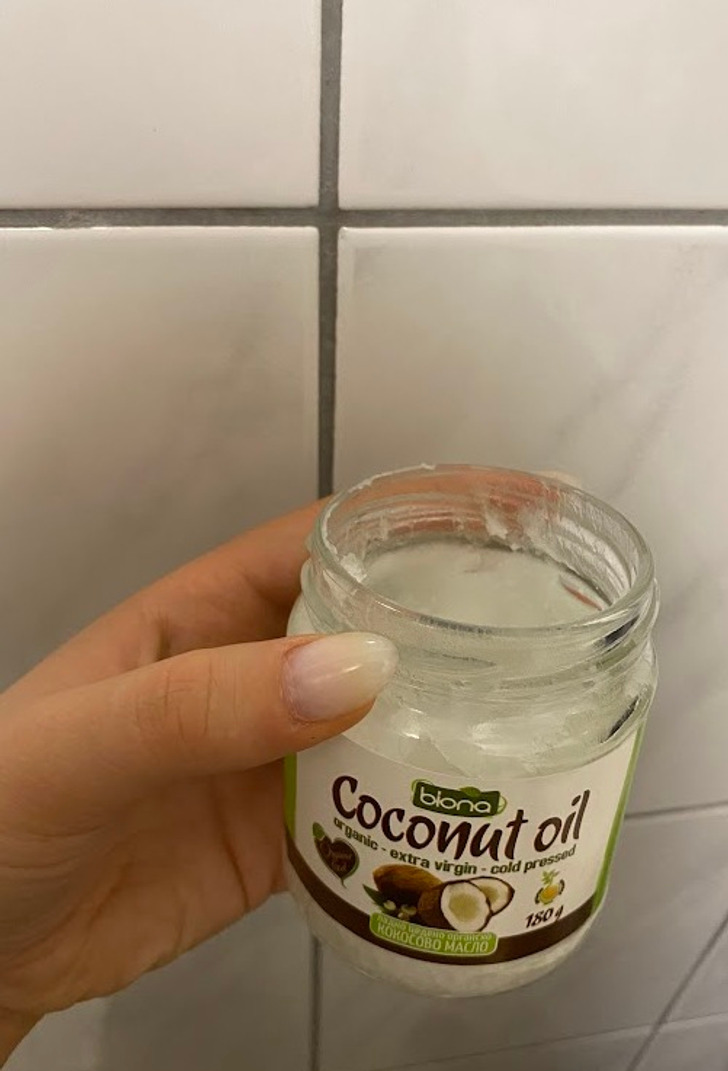
Coconut oil offers various health perks for the body, including a natural way to shield your teeth from decay through oil pulling. This method involves swishing a tablespoon of coconut oil in your mouth for about 20 minutes to draw out bacteria and promote natural healing for your teeth.
Remember, don’t swallow the oil. It’s an easy yet highly effective practice that boasts numerous health advantages! While oil pulling doesn’t reverse tooth decay, it is a preventive measure against cavities. It’s worth noting that combining this technique with regular brushing and flossing can make it twice as impactful in maintaining oral health.
Making an alternative homemade toothpaste with natural ingredients is a cool way to boost oral health. The recipe is simple and requires ingredients that can be bought in almost every store, they are natural and won’t harm you. For the toothpaste you’ll need:
Mix all these ingredients thoroughly until you achieve a smooth paste. It should have a consistent texture without any lumps. Substitute your regular toothpaste with this homemade blend for a natural alternative.
Craving your morning latte or a daily cup of coffee? Drinking acidic beverages like coffee or tea, especially with added sugar or milk, can up your risk of getting cavities if exposed for long periods. Enjoy your cup, but limit it to around 20 minutes, and rinse your mouth afterward with water.
The issue with coffee mixed with cavity-triggering additives—like sugar or cream—is that these sugars linger in your saliva. To counter this, drink water alongside such beverages to wash your mouth and prevent excessive sugar buildup that can harm your teeth. Sipping through a straw can also help keep those sugary liquids away from your teeth and saliva.
The first thing we notice when we see someone is the teeth, so taking care of them is essential. Check how the teeth transformed these people.











